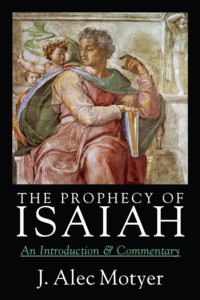
God in Isaiah: His Sovereignty and Glory (Isa. 40:5, 8; Isa. 55:10-12; Isa. 42:8-9; Isa. 43:10-12; Isa. 48:3-8; Luke 24:46-49).
Question: You have presented how Isaiah prophesies mind-boggling and outrageous truths: the human Messiah is God to be anointed by the Spirit; God is triune; God is born a human baby to die for human sins. As a prophet, does Isaiah provide his audience with credible evidence that what he prophesies is credible and trustworthy?
Discussants: Dr. Leong Tien Fock and Dr. Ng Kam Weng.
You are welcome to join the discussion at:
Part 6. Are the prophecies of Isaiah credible and trustworthy?
Please forward this message if you find the video discussion helpful.
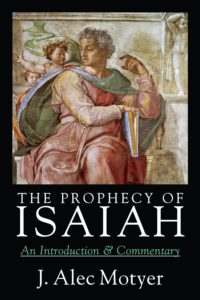 Question: One defining element of God’s salvation is the promise of a new covenant between God and his people which Jeremiah & Ezekiel prophesied. What is Isaiah’s teaching about the New Covenant?
Question: One defining element of God’s salvation is the promise of a new covenant between God and his people which Jeremiah & Ezekiel prophesied. What is Isaiah’s teaching about the New Covenant?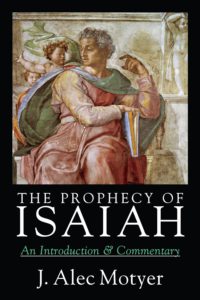
 Question: Matthew cites Isa. 7:14 and says it is fulfilled by the birth of Jesus. However critical scholars argue that in the context of Isaiah 7, this verse is about a child born during the time of Ahaz. How would evangelical scholars like you respond to this critical scholarship?
Question: Matthew cites Isa. 7:14 and says it is fulfilled by the birth of Jesus. However critical scholars argue that in the context of Isaiah 7, this verse is about a child born during the time of Ahaz. How would evangelical scholars like you respond to this critical scholarship?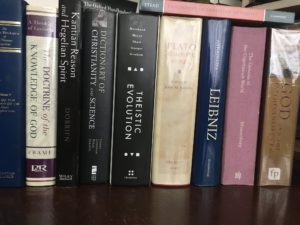
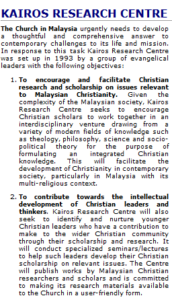
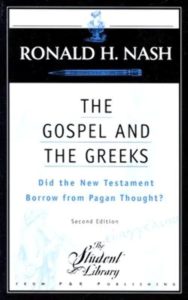
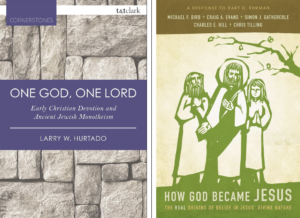
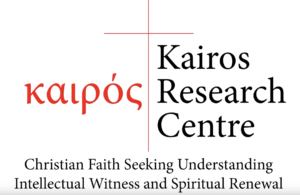
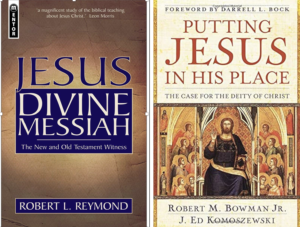 Orthodoxy and Heresy in Earliest Christianity
Orthodoxy and Heresy in Earliest Christianity